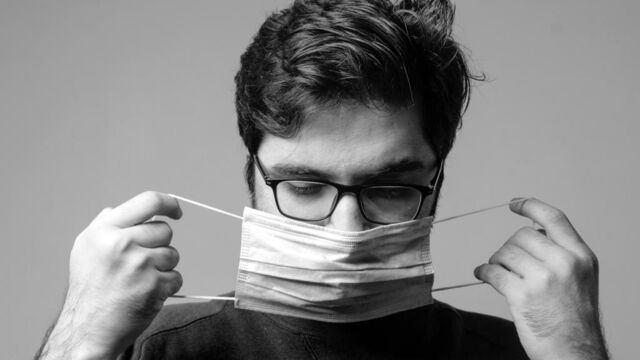Indian researchers have found, in a new study published on medRxiv, that people that wear glasses have less chances of catching COVID-19.
Discover our latest podcast
Inadvertently protective against viruses
As we know, the virus is airborne, can live on surfaces for several hours and is highly contagious. It can therefore be passed on from physical contact directly into one's mouth, nose or through their eyes. Although the study has yet be peer reviewed, the results show that those who wear glasses have less of a tendency to touch their eyes as they are use to them having a barrier. As a result they are up to three times less likely to contract the deadly virus.
304 patients were studied over the course of two weeks in the summer of 2020 and researchers found that the subjects, on average touched their faces 23 times every hour with their eyes being touched three times per hour.
Ami Kumar Saxena, the study's lead researcher, explained that:
Transmission occurs by touching the face, nose, mouth and eyes. Touching one's nose and mouth is significantly reduced when wearing a face mask properly. But wearing a face mask does not protect the eyes. Touching and rubbing of the eyes with contaminated hands may be a significant route of infection for the virus.
Adding that:
The risk of Covid-19 was two to three times less in the spectacles-wearing population than the population not using spectacles. This might be due to less touching and rubbing of eyes while wearing spectacles the protective role of spectacles was found statistically significant.
Wearing glasses with a mask on doesn't have to be such a pain
The only downfall, as many will tell you, is the foggy glasses as a result of breathing through one's mask. The trick, however is quite simple: sticking a plaster on the mask, at the level of the nasal bridge.
And the benefits of this trick are twofold: it will effectively and long-lastingly prevent your glasses from fogging up and your mask from slipping down!















